 Braiding Sweetgrass by Robin Wall Kimmerer
Braiding Sweetgrass by Robin Wall Kimmerer Narrator: Robin Wall Kimmerer
Published by Tantor Media on 6/16/2016
Genres: Memoir, Nonfiction, Nature, Science
Format: Audiobook
Source: my personal collection
Purchase: Amazon | Bookshop | Barnes & Noble | Audible | Chirp
Add to Goodreads

As a botanist, Robin Wall Kimmerer has been trained to ask questions of nature with the tools of science. As a member of the Citizen Potawatomi Nation, she embraces the notion that plants and animals are our oldest teachers. In Braiding Sweetgrass, Kimmerer brings these two lenses of knowledge together to take us on "a journey that is every bit as mythic as it is scientific, as sacred as it is historical, as clever as it is wise" (Elizabeth Gilbert).
Drawing on her life as an indigenous scientist, a mother, and a woman, Kimmerer shows how other living beings-asters and goldenrod, strawberries and squash, salamanders, algae, and sweetgrass-offer us gifts and lessons, even if we've forgotten how to hear their voices. In a rich braid of reflections that range from the creation of Turtle Island to the forces that threaten its flourishing today, she circles toward a central argument: that the awakening of a wider ecological consciousness requires the acknowledgment and celebration of our reciprocal relationship with the rest of the living world. For only when we can hear the languages of other beings will we be capable of understanding the generosity of the earth, and learn to give our own gifts in return.
Review
Scientist, poet, mother, philosopher, Potawatomi woman: Robin Wall Kimmerer is all of these, balancing the dichotomies and contradictions, honoring and interweaving all her identities into one harmonious, encompassing self. In Braiding Sweetgrass, Kimmerer shares stories of her life as child, mother, teacher; of the plants and animals around us; and of creation itself. These beautifully written essays mingle her own experiences, indigenous wisdom, and scientific knowledge in luminous, evocative prose.
Braiding Sweetgrass is a beautiful, profound book, brimming with ideas and stories that I wanted to savor and ponder, so I took my time listening to it. The author narrates the audiobook herself, and her voice, like many of her essays, is gentle, warm, and comforting. However, it was not always an easy book to listen to (or read), particularly in the present moment. Kimmerer’s beliefs surrounding reciprocity and gratitude toward nature stand in stark contrast to the current administration’s determination to allow and even encourage unfettered corporate exploitation of the earth’s resources and industrial poisoning of our air, land, and waters. Toward the end of the book, Kimmerer explores the harms done to New York’s Onondaga Lake by 18th and 19th-century industry, mining, and the dumping of industrial waste, and the challenge of restoring the land and waters there. It is a grim reminder of the damage unfettered greed can do, but even here, Kimmerer’s approach offers hope, and a contrasting vision of how we might live in harmony with nature rather than in opposition to it.
Challenges: Audiobook Challenge 2025; COYER 2025: Out to Lunch; Robin’s Recs
Reading this book contributed to these challenges:
- Audiobook Challenge 2025
- COYER 2025: Out to Lunch
- Robin's Recs 2025

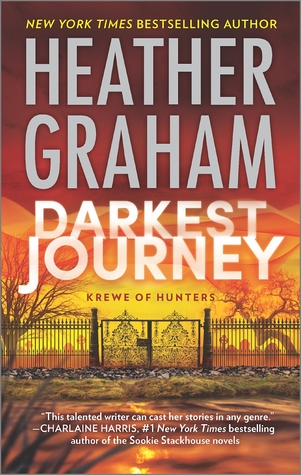
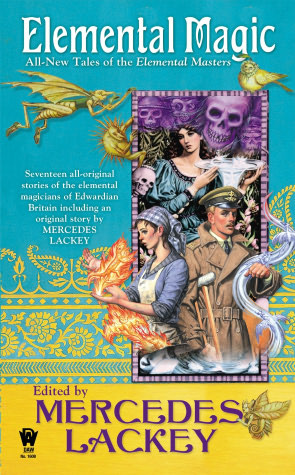

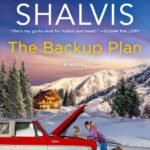
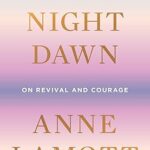
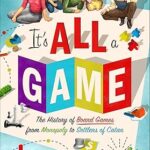










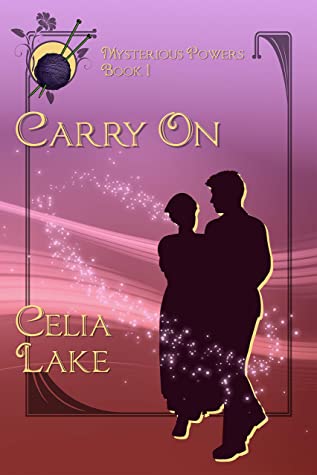


























Nicole @ BookWyrmKnits
I read this last November, and had a similar reaction to it. I loved it, but it wasn’t always easy to listen to knowing what was coming politically.
Nicole @ BookWyrmKnits recently posted…FO Wednesday ~ FatCatKnits yarn